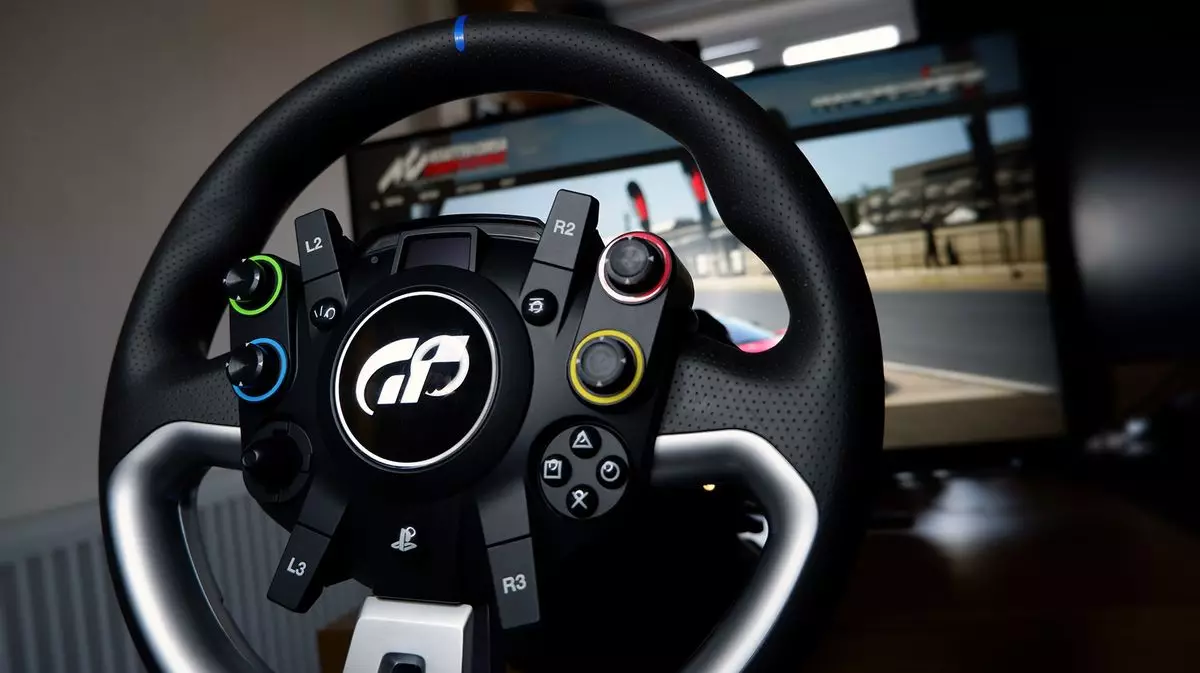In the rapidly evolving world of gaming peripherals, business acquisitions are not just about balance sheets; they can reshape entire customer experiences. Earlier this year, Corsair, a veteran in gaming hardware, initiated an acquisition of Endor AG—home to the famous sim racing brand Fanatec. However, the journey was bumpy, with Endor filing for insolvency by mid-year, potentially casting a shadow over the deal. Against all odds, Corsair forged ahead, bringing Fanatec under its corporate umbrella, but not without inheriting a host of challenges, including pre-existing debts and customer dissatisfaction.
The acquisition was not just a strategic maneuver to bolster product lines. It was Corsair’s effort to leverage Fanatec’s expertise in the niche area of sim racing, which has grown exponentially due to the pandemic. With racing simulators gaining traction among both casual and professional gamers, Corsair realized the potential for synergies—combining its operational logistics with Fanatec’s brand recognition. Yet, the acquisition’s timing raised questions: Was Corsair prepared to tackle the burdens that came with it?
In an insightful interview, Corsair’s CEO Andy Paul reflected on the hurdles that lay ahead. His acknowledgment that “it’s certainly not going to be business as usual” encapsulated the tough terrain they were about to navigate. Corsair’s commitment to rectify these complications speaks volumes about their approach to maintaining customer trust and brand integrity.
One of the critical grievances from Fanatec’s customer base was the insufficient support structure. With only limited service hours, many customers faced irritable delays and unresponsive channels during their buying journey. A global upgrade to 24/7 customer service is certainly a step in the right direction, though it will require time to implement effectively. Corsair aims to alleviate these pain points, especially after the tumultuous disruptions caused by pandemic lockdowns.
The expectation here is not merely to tick boxes but to create a seamless customer experience—an expectation that modern consumers have come to expect. The promise of quicker responses and better order tracking can make a significant difference, particularly for consumers in the competitive gaming market.
Another vital area identified by Paul is manufacturing efficiency. The report highlighted that Fanatec faced substantial delays in order fulfillment, with complaints about long waiting periods for products to ship. Citing underutilized production capacity in China, the question arose: why weren’t orders being expedited? The answer possibly lies in the lack of robust infrastructure that Fanatec had in place to manage order volume effectively.
Conversely, Corsair’s extensive experience in managing large-scale operations positions it uniquely to streamline production and expedite delivery times. As Paul indicated, with Corsair’s existing setup of large factories, they have the capability to “tune up” the supply chain, promising improved responsiveness to customer orders.
Current retail trends suggest a shift in how sim racing products are marketed. Unlike Fanatec, which opted for a direct-to-consumer model, Corsair’s reach in brick-and-mortar locations introduces an entirely new consumer interaction. Potential buyers will now have the chance to test products in-store, providing a tangible experience that can significantly influence purchasing decisions, especially for high-value items.
Nonetheless, Paul aptly points out that while lower-priced products might thrive in retail settings, premium offerings—like $1,000 racing wheels—may continue to remain exclusive to specialized retailers. This indicates a potential bifurcation of product lines, ensuring that both casual gamers and enthusiastic serious racers have access to quality options that suit their needs.
With Logitech’s dominance in the general racing wheel market and the emergence of various niche competitors, Corsair’s acquisition could catalyze much-needed competition. Consumers, often frustrated by availability and service, could soon benefit from improved product accessibility and support as Corsair re-tools Fanatec’s practices.
While the road ahead is fraught with challenges stemming from Fanatec’s previous missteps, Corsair’s commitment to transforming and rejuvenating the brand paves the way for a more resilient future in the realm of sim racing. With dedicated efforts towards improved service, efficient manufacturing, and expanded retail opportunities, gaming enthusiasts may soon enjoy a breath of fresh air in this dynamic market.


Leave a Reply